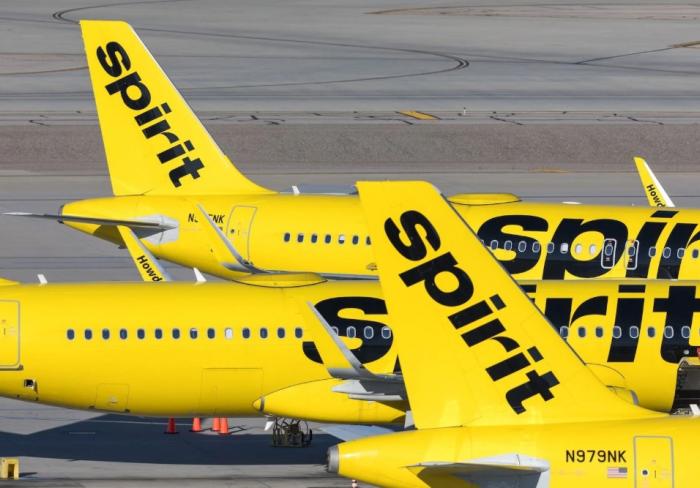The Nicaragua Tourism Institute (INTUR) is hoping to close 2004 with $170 million in gains, a figure that will keep the local leisure industry high on the list of the country’s top moneymakers, alongside such commodities as seafood, coffee and meat.
According to stats provided by INTUR this week, as many as 447,500 tourists visited the Central American nation in the first three quarters of the year, up 16.4 percent from the first nine months of 2003.
Asian tourists are by far the biggest spenders in Chile, averaging $1,174 apiece during a regular stay of 13.3 days in the South American nation.
According to a research study conducted by the National Tourism Service (SERNATUR), visitors from other world regions shell out an average of $569 during a relatively longer stay of 15.8 days.
In an effort to show off all attractions that Panama has to offer as a travel destination, authorities in that Central American nation have earmarked $19 million to be exclusively spent on the promotion of its own tourist sector.
The National Economic Council recently passed the initiative of launching out a promotional and marketing campaign overseas, the country’s Ministry of Finance and Economy informed this week.
The International Monetary Fund (IMF) put out a bleak report on the economic future of St. Lucia, a small Caribbean island that’s still dealing with high unemployment rates regardless of a solid 3.7 percent growth in 2003.
The Washington-based banking institution warned the poor going of the banana industry, coupled with the country’s scarce ability to keep the Gross Domestic Product growing, will also have a negative impact on the local job market.
Bolivia, Peru and Ecuador have shelled out more money than any other Latin American country in the promotion of their own travel industry. Armed with an array of top-flight exhibitors full of gaudiness, traditions and great cultural values, the three pack put out all the stops at the recently concluded World Tourism Market in London.
Peru, for instance, has deployed a $500,000 publicity campaign in the U.K., the country’s number-one tourist sending market alongside Spain and Germany, following the tremendous success that promotional blitz had in the United States.
TUI, the Germany-based tour operator, informed Friday that its Tourism Division snapped up €720 million worth of benefits in the first three quarters of the ongoing year, up a whopping 36.7 percent from the first nine months of 2003.
The company’s front office says the good outcomes stem from a feverish summertime travel season that yielded over €10.5 billion in revenue.










